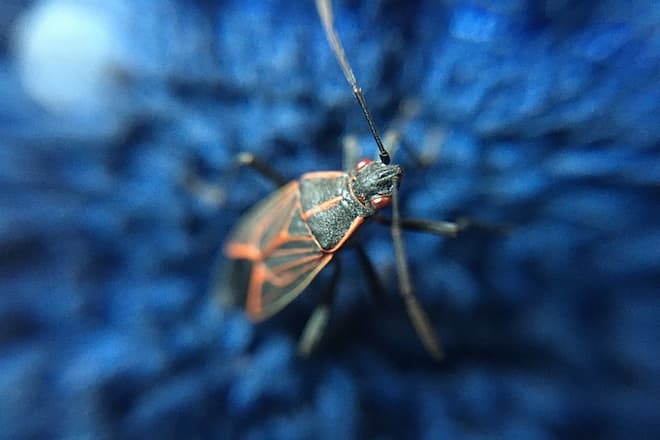Cats are known for their curious nature, often exploring their surroundings and occasionally getting themselves into peculiar situations. If you’re a cat owner, you might have experienced a moment of panic when you witnessed your feline companion munching on an unexpected snack, such as a boxelder bug. But what happens when your cat eats a boxelder bug?
If you have boxelder bugs on your property and need to get rid of them, hire the licensed and insured professionals from Pest Control Kitchener
Firstly, it’s important to note that boxelder bugs are not toxic or harmful to cats. These insects belong to the Hemiptera order and are commonly found in North America. They are generally harmless to humans and pets, and their primary food source is the sap of boxelder trees. However, while they may not pose a direct threat, there are a few considerations to keep in mind.
Digestive Challenges
When your cat consumes a boxelder bug, the insect’s hard exoskeleton might present some challenges during digestion. Cats have a highly efficient digestive system, but the exoskeleton might not break down completely. In most cases, the undigested parts will pass through your cat’s digestive tract and be expelled in the feces.
Gastrointestinal Upset
Eating a bug, including a boxelder bug, may cause some gastrointestinal upset in your cat. Your feline friend might experience mild symptoms such as vomiting or diarrhea. These symptoms are generally temporary and should subside within a day or two. However, if your cat exhibits severe or prolonged digestive distress, it’s advisable to consult your veterinarian.
Potential Allergies
Just like humans, cats can develop allergies to certain substances. While boxelder bugs are not commonly known to trigger allergies in cats, every cat is unique, and it’s possible for an individual cat to have an adverse reaction. If you notice any signs of an allergic reaction, such as excessive scratching, sneezing, or swelling, it’s best to seek veterinary advice.
Parasite Transmission
Although boxelder bugs themselves are not known to carry parasites that can infect cats, it’s always a good idea to keep an eye on your cat’s behaviour and health after such an incident. If you observe any unusual symptoms or suspect your cat may have ingested a bug that could be a carrier of parasites, it’s important to consult with your veterinarian for proper evaluation and guidance.
Prevention: To avoid such situations, it’s advisable to keep your home clean and free from boxelder bugs or any other insects that may attract your cat’s attention. Seal cracks and crevices in windows and doors to prevent bugs from entering your home. Additionally, consider using pet-safe insecticides or natural remedies to deter insects from your cat’s environment.
If you need to get rid of boxelder bugs, the best way is to hire professional boxelder bug exterminators from Pest Control Kitchener. Our technicians are licensed and insured professionals with years of experience that can get every infestation out of the way in no time. We have procedures and steps in place to assure a complete extermination. Call our customer support representatives to get a detailed breakdown of our boxelder bug services.

